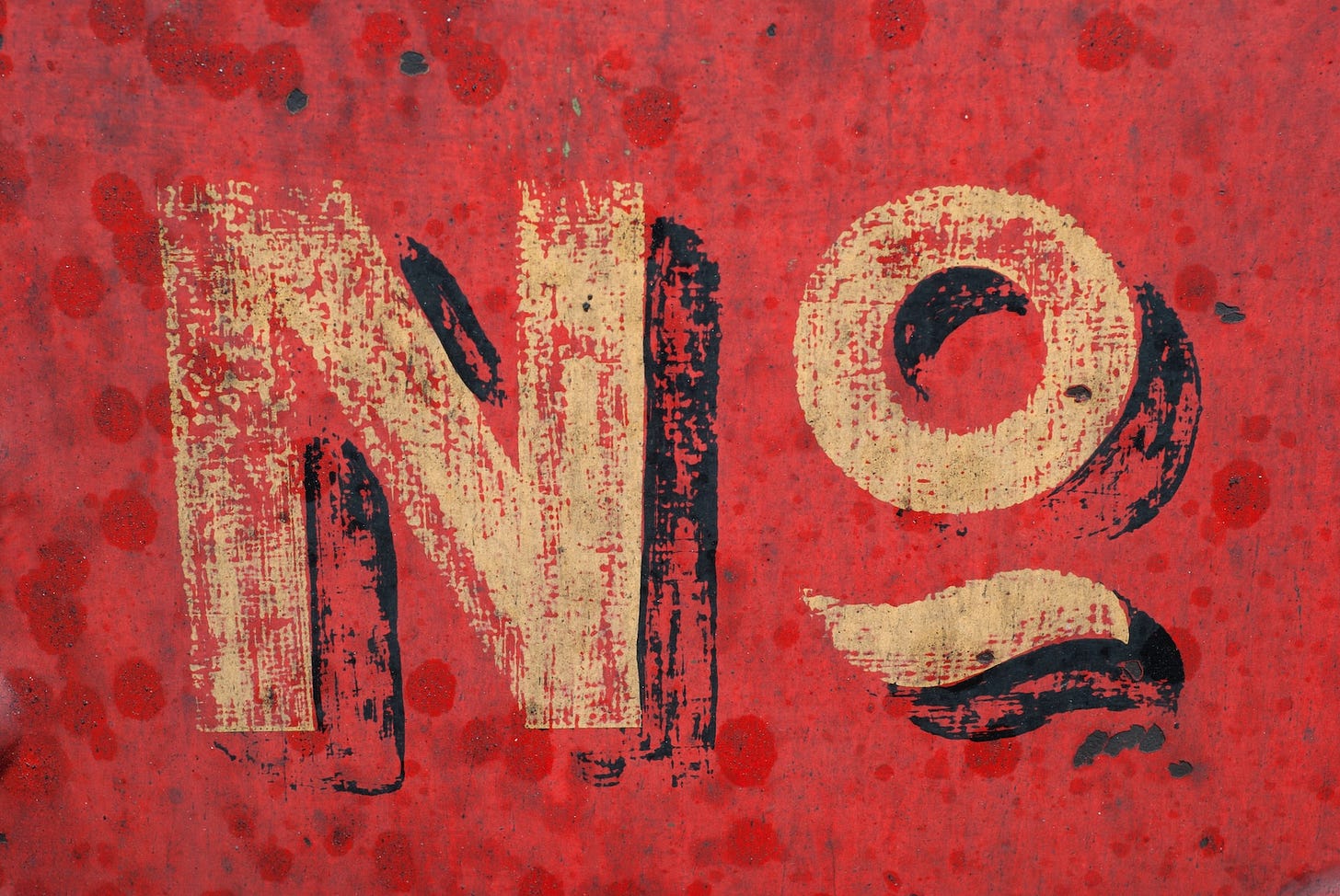How Do You Feel About Rejection?
I know they say that as a writer you should expect a ton of rejection and I’ve tried to take it in stride but it gets me down sometimes. Man I’d love the opportunity to tell stories but sometimes I think about giving up and I feel like an imposter even though I write every day.
Being a writer is truly a joyous activity but it also brings a lot of hurt into my life.
—Mike from
, in the comment boxA Call to Alter Our Language
This week brought a lovely moment, when Substack quoted T.S. Poetry Press publisher ( me,
) in their article about pitching your Substack to the Press. Thank you so much, ! :)As I was crafting my set of tips for the article, it struck me that I never liked the language of rejection—whether as a publisher, an editor, or a writer—and I was going to start, immediately, to use new language. So if you notice in the tip below (which Substack included in their article), I had scratched that Jane rejected one of my pitches and had instead typed that she declined…
If you want to get the word out about your publication, you have to persist in taking positive action. Pitching to media is a very positive action. While I’ve written at Jane’s in the past, she declined one of my pitches a few years back. I didn’t let that stop me from sending her this new, timely idea about Substack being a better deal for many authors.
Using the word declined was a very conscious decision. It was, in its way, a call for publishers and editors to reject the language of rejection.
Sure, we sometimes need to say no to articles, poems, or manuscripts. But, why must we say we rejected them? Rejection hurts, unnecessarily. It makes it sound personal, which it isn’t. And, in many cases, rejection is not really what we mean anyway.
What we mean is:
• this article doesn’t fit our content and / or style needs
• oops, we just published something like it two months ago (or are about to publish something like it tomorrow)
• we don’t think we can sell this book
• this poem could use a stronger ending (go back and fiddle with it)
• your writing style would probably work better for x publisher or publication
In truth, I can’t recall ever saying as an editor, “I’m rejecting your piece,” so maybe this begins with us as writers. Maybe we start to say “They declined.” And then, instead of mourning our rejections, we explore our declines.
Think about it like a credit card transaction that doesn’t work. The processor doesn’t pop up a message saying “Card Rejected.” It says, “Card Declined.” For all practical purposes, it’s the same message: this isn’t working, for any number of reasons. But credit card companies know better than to make it personal. We could take their cue.
I’m not saying that we do this just to save hurt feelings, though I believe that’s a truly valuable goal; I also believe that we put others (or ourselves) into problem solving mode more easily when we relieve the sting, the burn, the hurt by using a more fitting term—one that suggests more about the issue than the person.
So, here it is: your official Invitation to Declination…
Come along? And reach for a new word.
Photo by Gemma Evans, Creative Commons, via Unsplash.






TS This hit home in soo many ways. Thank you for your grace and compassionate action. A simple word swap, could save Anguish and doubt for the writer being critiqued. Could have caused a negative domino effect. Instead, you've started a ripple of compassionate consideration which I'll carry forthwith! I'm new here but not to writing, (35 years worth) and I'm sitting on a plethora of material that not an eyeball in the universe has seen I haven't published, because, well, fear, and I keep shrinking . I'll get there... I appreciate the struggle
Excellent suggestion!